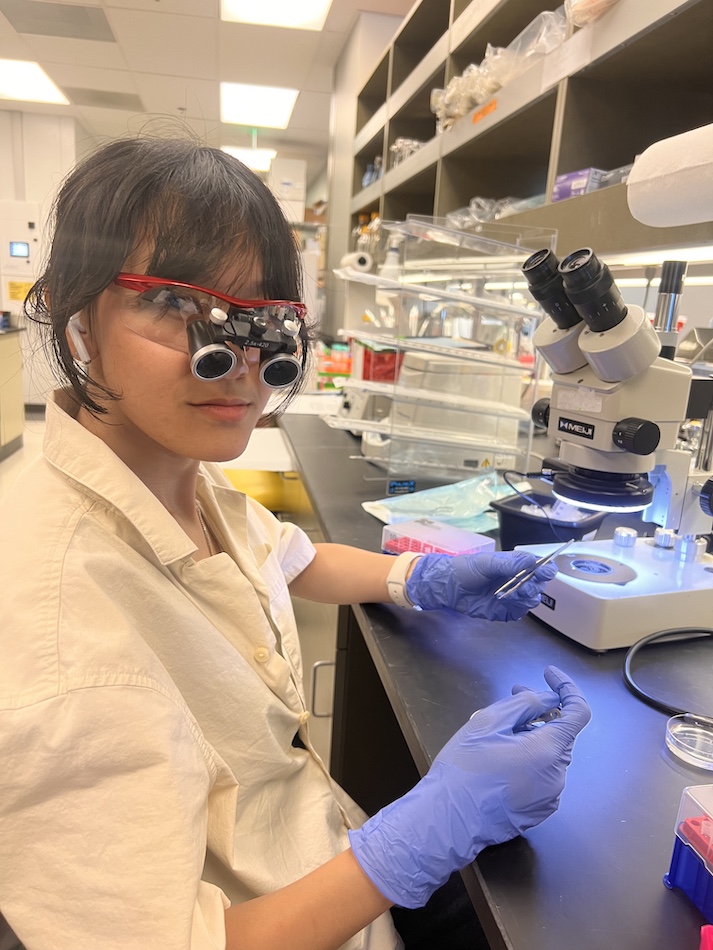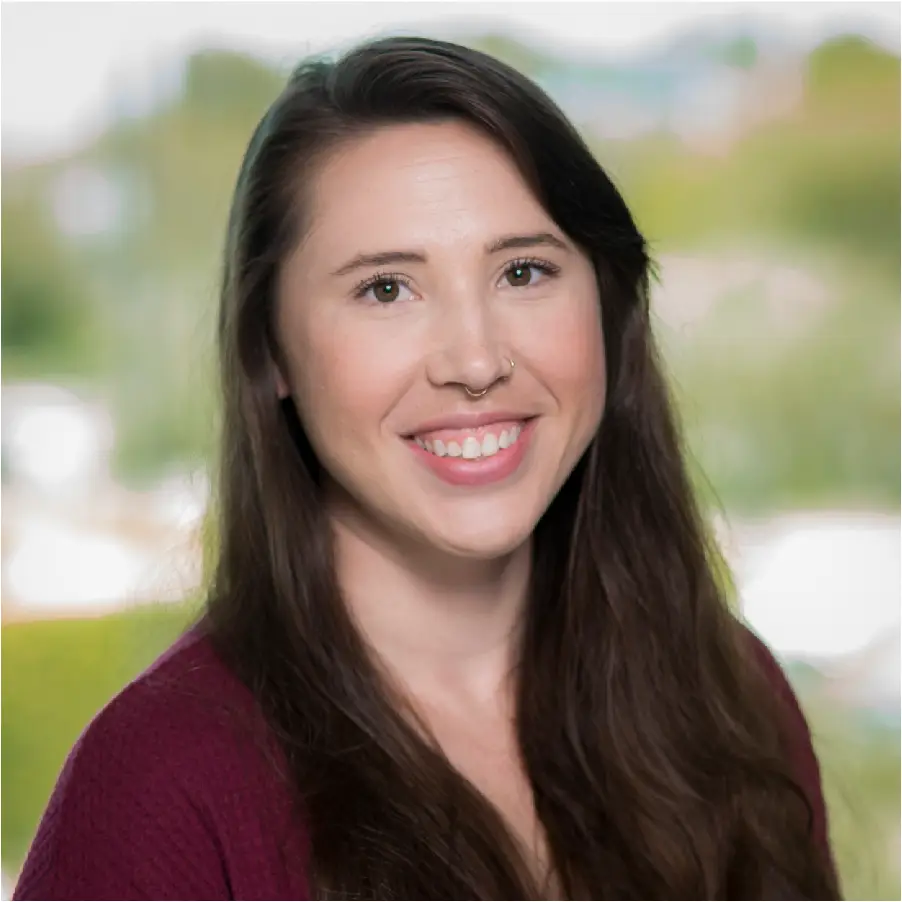Even before 2020, graduate student Onyeka Chukwudozie understood the fear and uncertainty that accompanies a viral pandemic. Chukwudozie grew up in Nigeria, where he witnessed an Ebola virus outbreak in 2014 and a Lassa virus outbreak in 2016. “It wasn’t something I heard about, it was something I saw,” says Chukwudozie. “People were so scared.”
This experience led Chukwudozie to pursue a career in immune system research. Today, he’s a graduate student at UC San Diego and is carrying out his Ph.D. research in the laboratory of Professor Erica Ollmann Saphire, Ph.D., President and CEO of La Jolla Institute for Immunology (LJI).
Chukwudozie is dedicated to shining a light on the protein structures of hemorrhagic fever viruses, such as Ebola virus and Lassa virus. Already, Chukwudozie has uncovered important aspects of Ebola virus infection and human antibody protection. “For Ebola virus, we’ve been able to show how the virus uses an ‘escape’ mutation to evade a host antibody,” says Chukwudozie. “So even though this antibody can bind to the virus, it can’t neutralize it to stop infection.”
Now Chukwudozie is poised to advance critical virology research thanks to support from the Merkin Graduate Fellows Program at UC San Diego. The fellowship program was recently established thanks to a gift from Richard Merkin, M.D., CEO and founder of Heritage Provider Network. As a Merkin Graduate Fellow, Chukwudozie is headed from San Diego to London for six months starting this fall to collaborate on virology and immunology studies in the IAVI Human Immunology Laboratory at Imperial College London. Through the fellowship program, Chukwudozie will receive tuition and fee coverage while he is abroad and a monthly stipend to cover all travel and living expenses.
Chukwudozie hopes training alongside collaborators at Imperial College of London will lead to new insights into stopping deadly viral outbreaks. “I was really interested in applying for this fellowship because of how the program fosters collaboration around the world,” says Chukwudozie. “I felt like this would be a good opportunity for me to actually expand the work we’re doing at LJI.”
One of Chukwudozie’s goals at LJI is to use high-resolution imaging from cryo-electron microscopy (Cryo-EM) applications to show the Lassa virus “glycoprotein” structure in more detail than ever before. He hopes to zoom into the virus at a near-atomic level to reveal areas where antibody therapeutics or vaccines could target and neutralize infections.
Through his Merkin Fellowship at Imperial College London, Chukwudozie will get to see how his work could one day help patients in a clinical setting. Experts in the London lab will give him new insight into how vaccines are evaluated and how the U.K. laboratory’s candidate Lassa fever vaccine is performing in human trials.
“This work is really special to me,” says Chukwudozie. “I’ve experienced pandemics, and I understand the anxieties that come from Lassa virus outbreaks.”


